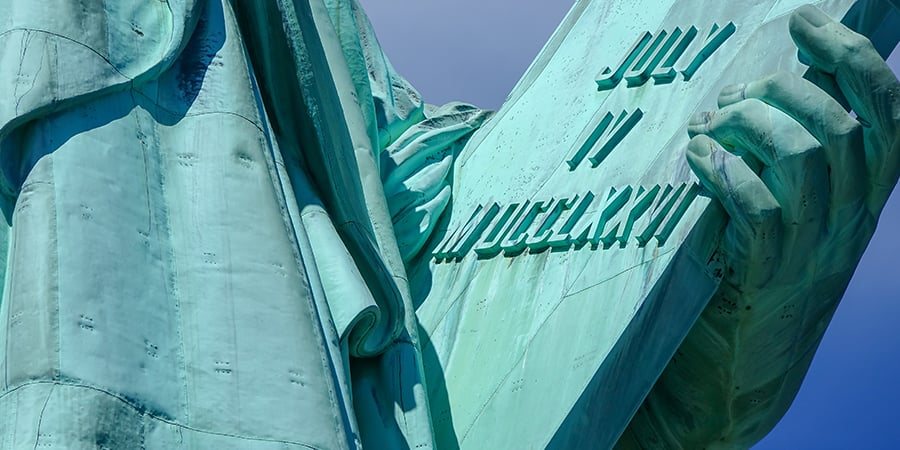On October 20, 2025, U.S. Citizenship and Immigration Services (USCIS) issued updated guidance further clarifying which H-1B petitions are subject to the $100,000 fee imposed by President Trump’s September 19, 2025 Proclamation. The guidance states that the fee applies to new H-1B petitions filed at or after 12:01 a.m. EDT, September 21, 2025, for beneficiaries outside of the United States without a valid H-1B visa. Conversely, the fee does not apply to previously issued and currently valid H-1B visas, and new petitions that are approved for an extension of stay, amendment, or change of status. Consular notification H-1B petitions filed after the effective date of the Proclamation will be subject to the new $100,000 fee, regardless of whether the beneficiary was in the U.S. at the time of the H-1B petition filing. The guidance also reaffirms the Department of Homeland Security (DHS) Secretary’s authority to waive the fee in extraordinarily rare cases.
Analysis of USCIS guidance
USCIS’s guidance provides immigration practitioners the most comprehensive explanation of which H-1B beneficiaries are subject to the $100,000 fee. The fee applies to foreign nationals, applying outside of the United States, who do not have a valid H-1B visa before September 21, 2025. “[t]The Proclamation also applies if an H-1B petition filed at or after 12:01 a.m. eastern daylight time on September 21, 2025, requests consular notification, port of entry notification, or pre-flight inspection for an alien in the United States.”
Further, the guidance makes it clear that the $100,000 fee does not apply to previously issued and currently valid H-1B visas. The Proclamation also does not prevent any holder of a current H-1B visa, or any alien beneficiary following petition approval, from traveling in and out of the United States. Importantly, the guidance clarifies that “[t]he Proclamation also does not apply to a petition filed at or after 12:01 a.m. eastern daylight time on September 21, 2025, that is requesting an amendment, change of status, or extension of stay for an alien inside the United States where the alien is granted such amendment, change, or extension.”
The guidance also outlines the national interest exception requirements and process, detailing the criteria used by the DHS Secretary to waive the fee. The DHS Secretary in extraordinarily rare circumstances may determine:
“That a particular alien worker’s presence in the United States as an H-1B worker is in the national interest, that no American worker is available to fill the role, that the alien worker does not pose a threat to the security or welfare of the United States, and that requiring the petitioning employer to make the payment on the alien's behalf would significantly undermine the interests of the United States. Petitioning employers who believe their alien worker satisfies this high threshold may seek an exception by sending their request and all supporting evidence to H1BExceptions@hq.dhs.gov.”
Finally, the guidance instructs petitioners required to pay the fee to follow the instructions on pay.gov at the following link. A payment must be made prior to filing a petition with USCIS, as petitioners must submit proof that the payment has been scheduled from pay.gov or evidence of an exception from the $100,000 payment from the Secretary of Homeland Security at the time of filing the H-1B petition.
What Employers Must Consider Next
In light of the Proclamation guidance employers should consider:
- The actual impact on their cap H-1B lottery programs given that change of status petitions for beneficiaries in the country will not be subject to the $100,000 fee, absence a denial of the change of status request;
- The critical importance of ensuring that change of status, extension of status, and amendment requirements are adhered to so that H-1B petitions do not become subject to the $100,000 fee;
- Whether roles or individuals qualify for the national interest exception to the fee;
- The lack of guidance provided for cap-exempt H-1B petitioners.
Litigation challenging the Trump administration’s authority to impose the $100,000 fee has already commenced, arguing that the fee will negatively impact U.S. industries such as tech, healthcare, manufacturing, and higher education. It is imperative to examine how this litigation develops and if it will have any impact on the implementation of the proclamation.
Dorsey’s immigration team is actively monitoring these evolving developments and is available to work with corporate clients to strategize cost effective immigration solutions.


